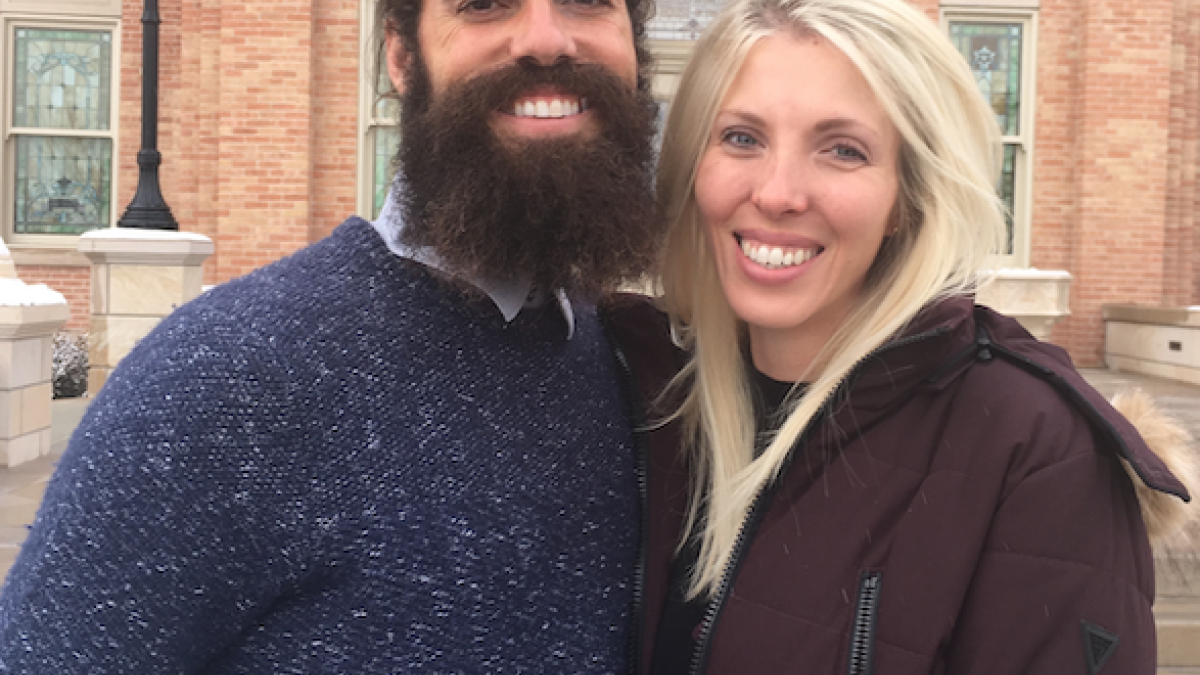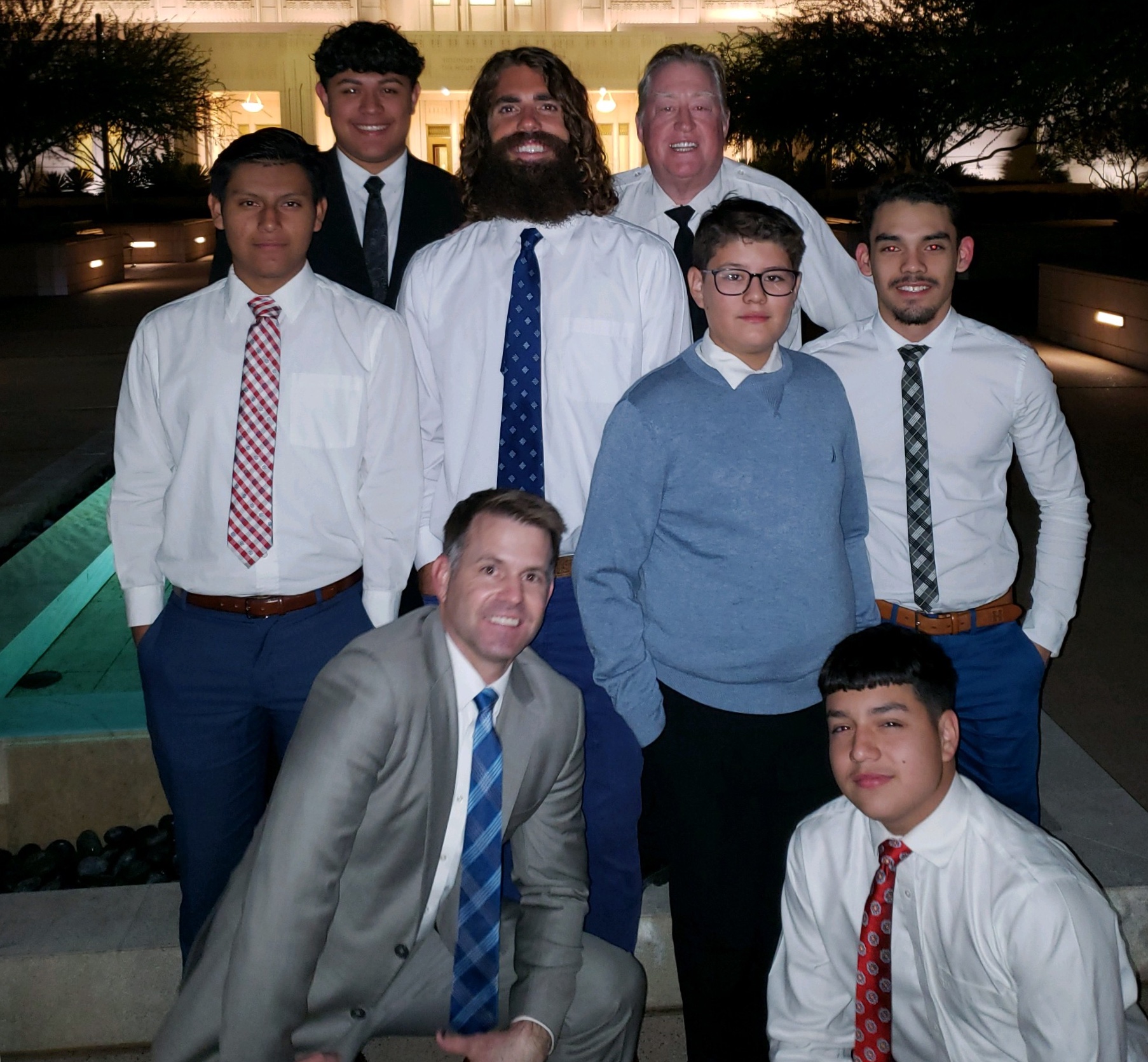ASU graduate student recognized for outstanding research

Matthew Nielson and his spouse, Brynn Embley-Nielson.
Arizona State University's Graduate and Professional Student Association recently announced winners from six different award categories. The GPSA recognizes graduate and professional students who exemplify excellence in education and classroom instruction.
Matthew Nielson, a family and human development graduate student from the T. Denny Sanford School of Social and Family Dynamics, was among those who received the outstanding research award.
Nielson feels like he has “come in to his own” regarding his academic pursuits in the last few years.
“Research and teaching are increasingly becoming sources of confidence and joy, and I think this award reflects that,” he said.
His research, centered around the pressure that boys feel to live up to masculine appearance ideals, is proving to be more far-reaching than he initially thought.
“I generally struggle to connect my research to policy change or other applied intervention-type avenues. However, my male body image project has allowed me to share my findings with various communities. I talk about the outcomes of the research with the students I am teaching this semester, and I am holding conversation hours with local community groups of young men,” Nielson said.
Nielson’s current research project is overseen by his faculty advisor, Carol Martin. “Matthew is a well-read and skilled researcher who brings enthusiasm and energy to solving problems that are important but may be neglected by gender development researchers; in particular, his interests center on issues that affect boys and men, such as felt pressure to conform to gender norms,” said Martin.

Matthew Nielson (top center) with men from a community group.
In reflecting on the importance of his current research, Nielson says his driving motivation to do research is because he is intensely interested about learning more about gender identity development for himself.
What is masculinity and how come some boys/men feel so alienated by it? How do parents, peers and the media socialize rising generations about “appropriate” gender behavior? How do gender rules and norms change across the lifespan?
These are the questions that continue to energize his research.